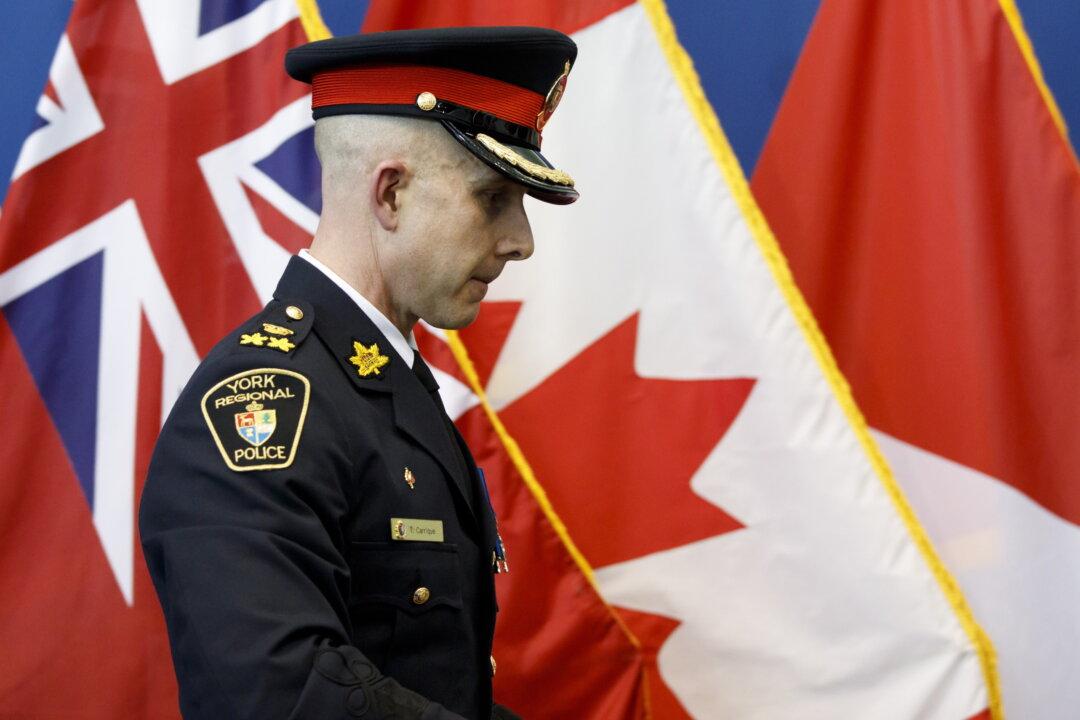A House of Commons committee voted Oct. 24 to question Ontario Provincial Police (OPP) officials on “conflicting” testimonies concerning whether or not the Freedom Convoy protest constituted a national emergency.
NDP MP Alistair MacGregor presented a motion during a public safety committee meeting on Oct. 24 demanding that OPP officials explain why they told the committee in March that the protest was a national emergency, but said last week that their intelligence concluded otherwise.





